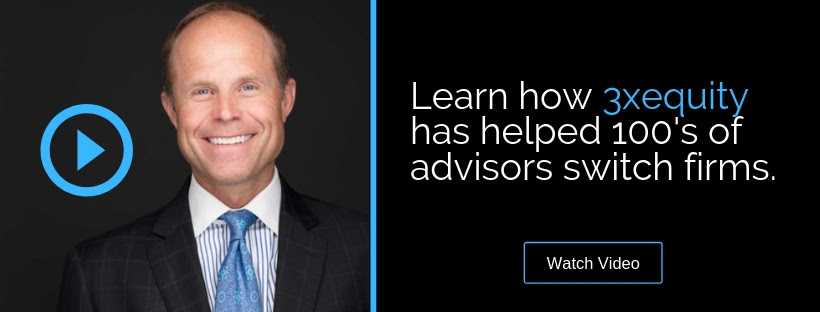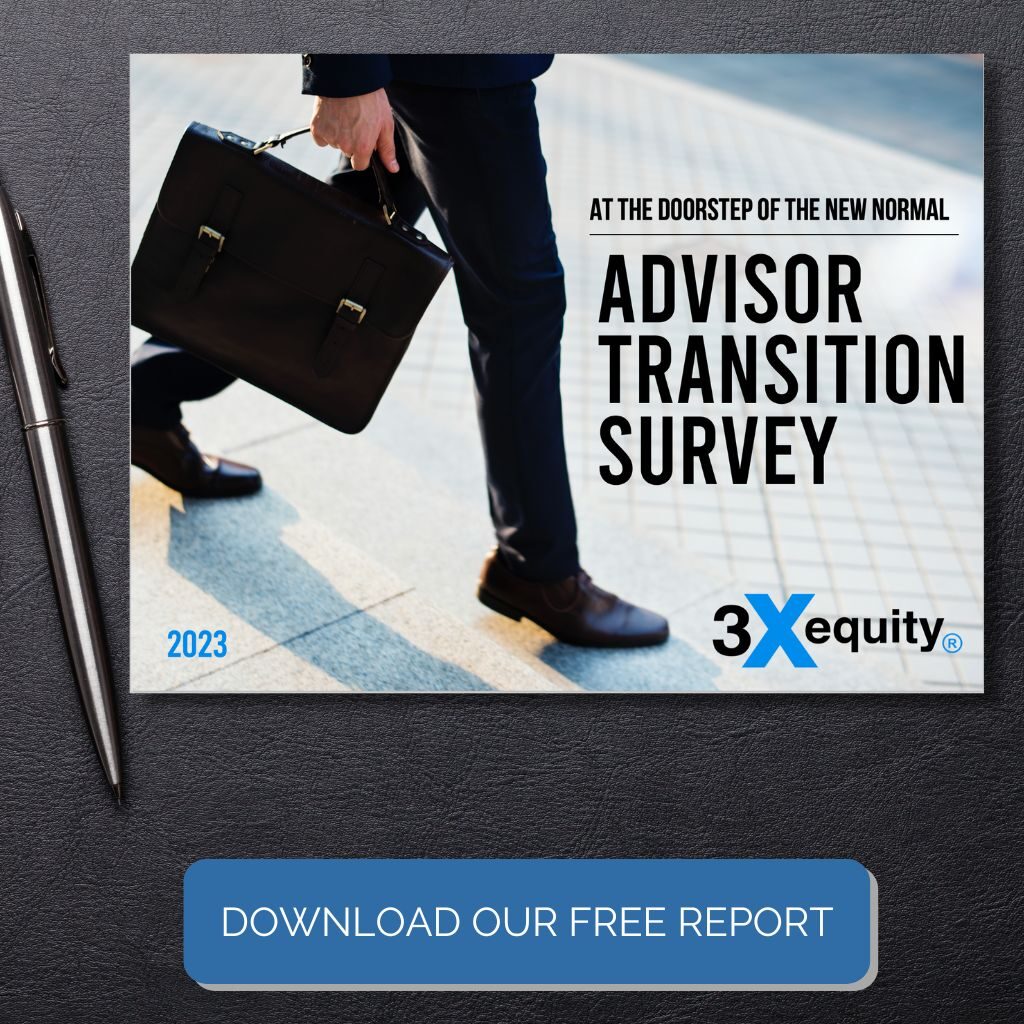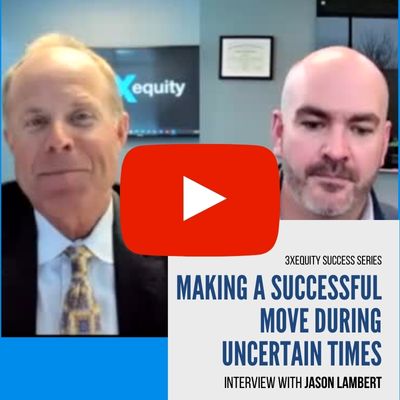There are many ways to grow your practice – the most obvious being adding more revenue, more assets and/or more clients. The most valuable businesses in the industry however focus on building value in their enterprise every year, in addition to growing the revenue/asset base. There is a long list of recommendations that we would make as your succession/valuation consultant and the easiest way to understand these recommendations is to look at your business from a buyer’s perspective. When a buyer evaluates a business for purchase, there are many items reviewed in due diligence that drive or detract from the value, including the revenue sources, growth rate, age of the clients, location of clients, client service process and many others. Here is our first tip in this series of how to Build a More Valuable Practice:
Tip #1 — Build Strong Relationships, but be Scalable
The most valuable asset in a financial service business is the relationship the firm has with its clients. To that end, creating and being able to show a strong client service process, and consistent quality touches is a strong proxy for the “stickiness” of the client relationship. While it is important to show consistent touches and a strong relationship, it is also possible to overdo it. A practice that meets with its client’s face-to-face quarterly for example, requires more time to service from a buyer’s perspective, versus a practice that meets with their clients in person once per year and then email/phone/mail touches over the course of the year. The key take away, many practices have either too little communication or too much (from the perspective of building a valuable business model).
SO, WHAT IS IDEAL/MOST VALUABLE?
Buyers like to see an annual client meeting with the majority of the clients, at least one or two phone calls per year, and even more frequent client touches in a systematic format such as newsletters/birthday cards/etc. This allows for great client relationships, while not requiring so much time as to be seen less profitable.
As much as possible, exclude yourself from the client service process. The more you can leverage your team in communicating with clients, the more attractive your firm will be to a buyer (and therefore more valuable).





